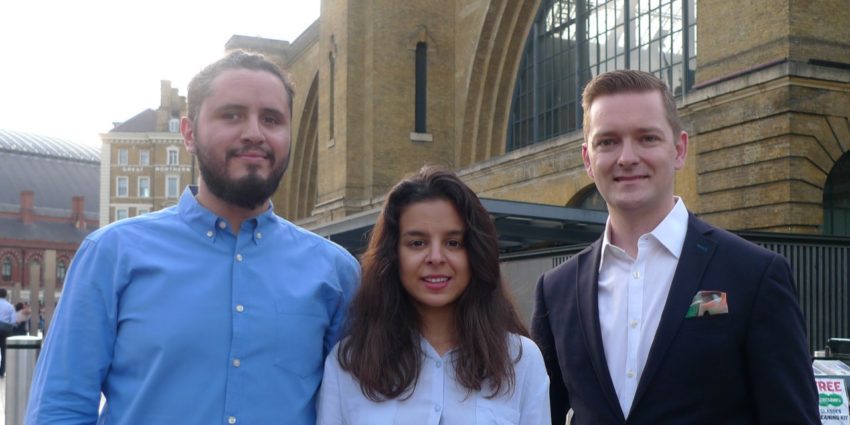Call for Special Issue Proposals
The Editors-in-Chief of Politics seek proposals for special issues of the journal to be published in 2020 and 2021.
The Editors-in-Chief of Politics seek proposals for special issues of the journal to be published in 2020 and 2021.
The Politics Best Article prize is awarded every year, to the best article published in the most recent volume. Members of our editorial team have selected four outstanding articles, which showcase the breadth and depth of scholarship published in Politics. The shortlist for the 2019 Prize is currently being reviewed by the Editorial Board and the winner will be announced at the PSA Annual International Conference (Nottingham Conference Centre, Nottingham Trent University, 15 – 17 April 2019).
The nominees are:
The European public sectors in the age of managerialism, by Giovanni Esposito, Ewan Ferlie and Giuseppe Lucio Gaeta, examines the ways that managerial tools and principles from the private sector have been diffused across the European public sector. Taking a 50-year longitudinal sample of the electoral manifestos of European parties, Esposito et al analyse the relationship between public management reforms, political ideology and public expressions of support for these reforms by political parties.
Gilles Ivaldi’s article, Contesting the EU in times of crisis: The Front National and politics of Euroscepticism in France, discusses Euroscepticism in French politics through the purview of the Front National (FN). Approaching the FN as a ‘radical right wing’ political party, Ivaldi analyses the ways that the party orientates to successive EU ‘crises’ over a 10-year period. He argues that whilst this fixation provides grist for the(ir) mill, demonstrating their grievances about the European Union, it also significantly impedes the party’s strategy of governmental credibility.
In Whose equality? Measuring group representation, Karen Celis and Liza M. Mügge discuss the implications of intersectionality and constructivism for the study of political representation, focusing in particular on the ways that both paradigms – in different ways – challenge the validity of traditional measurements of group representation and political equality. Focusing on feminist studies of the political representation of women, and using qualitative and quantitative methods, their analysis forces us to rethink how politicians frame existing categories, labels, groups and interests.
Finally, Emanuelle Degli Esposti’s article The aesthetics of ritual – contested identities and conflicting performances in the Iraqi Shi’a diaspora: Ritual, performance and identity change explores how performative identity change may come to inform both individual and collective forms of belonging. Drawing on more than 2 years of ethnographic fieldwork, Degli Esposti studies the religious performances of devout Iraqi Shi’is in London, specifically focusing upon the rituals of mourning and commemoration during the Islamic month of Muharram. Her analysis and conclusions reveal an identity shift in which sectarian and religious forms of identity are taking precedence over nationalistic and community ones.
A blog post for each nominated articles, written by the authors, will follow.
John Mills, Editorial Assistant, Politics


We are the new editorial team of Politics: three early career scholars, representing three different areas of expertise, presenting one unified vision for this flagship Political Studies Association journal. We officially take over from 1 September, but we have begun working behind the scenes already.




